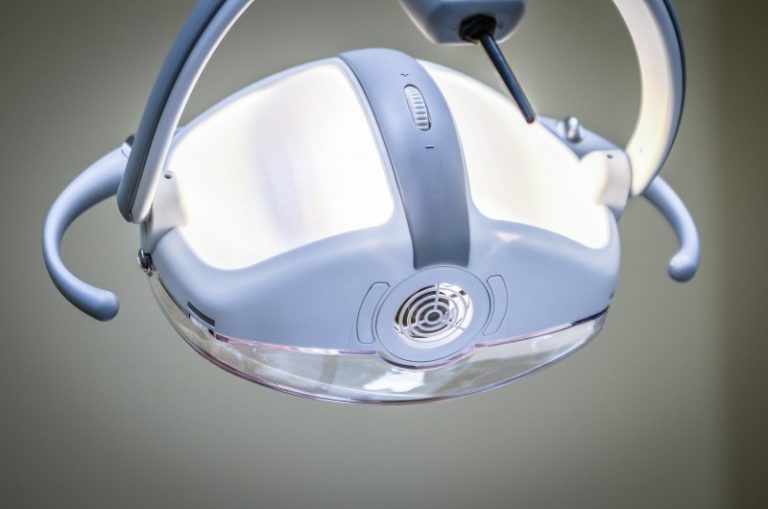
From removing wisdom teeth to filling cavities, dentists have to handle lots of different oral procedures. Some procedures require anesthesia, sedation, or other pain management medication to help keep patients comfortable and relaxed during their visits. It’s normal to feel nervous before a dental procedure, but by knowing about the different pain management options, you’ll be able to go into your appointment feeling a little calmer.
Local Anesthesia
Local anesthesia is applied to specific areas of your mouth during a procedure; it blocks the nerves that sense or transmit pain and numbs mouth tissues. Injectable anesthetics are often used for procedures like cavity fillings, crown insertions, or gum disease treatments.
Many people are more nervous about the shot of anesthesia than anything else. That’s why we often use topical anesthetics on the gums before injection. We can also use these to soothe painful sores.
You may have heard the term Novocain in regard to dental anesthesia, but Novocain is no longer used for dental procedures. Newer, more advanced drugs have been shown to work better, last longer, and cause fewer allergic reactions. For example, Lidocaine is more commonly used today.
Sedation
For longer, more intensive procedures, your dentist may choose to use sedation. Nitrous oxide, or “laughing gas,” is an inhaled sedative treatment; the treatment is mixed with oxygen and inhaled through a small mask which fits over your nose. Patients sometimes feel light and tingly during the treatment, but can still hear and respond to their dentist’s requests. The gas wears off soon after the mask is removed. Dentists often use laughing gas in addition to a local anesthetic. We might also sedate you with oral medications and injections/intravenous medication.
Sometimes, a procedure requires general anesthesia, which causes a temporary loss of consciousness to relieve pain and anxiety. The sedation method is dependent on the procedure and patient; your dentist will determine if sedation is necessary to ensure that you feel no discomfort or pain.
Post-Treatment Pain Management
After a procedure, you may feel some soreness in your mouth. Depending on the intensity of your procedure, any discomfort should pass within a few days. Your dentist may recommend that you use an anti-inflammatory medication such as ibuprofen to help ease the post-procedure soreness, or he/she may prescribe you with a prescription specific to your needs.
Speak with our dental professionals if you have questions or concerns about dental pain management methods for an upcoming procedure.